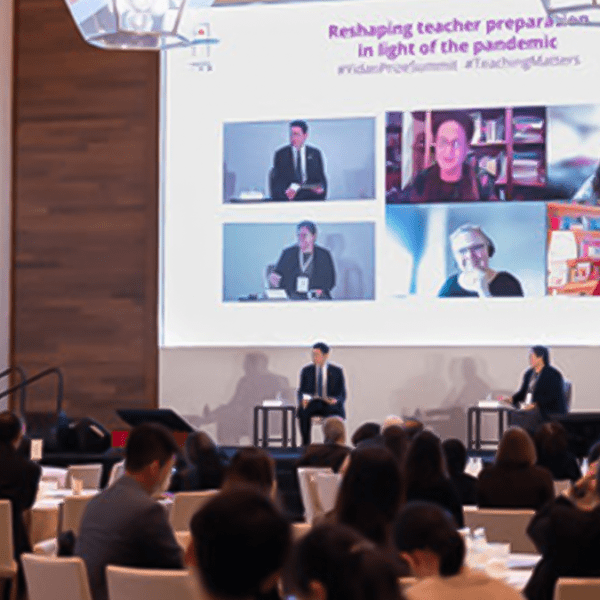Yesterday was the 2022 Yidan Prize Summit, which was sponsored by the Yidan Prize Foundation, the international charitable organisation that sponsors the highest education honour in the globe. More complicated and numerous issues than ever before are being faced by teachers. At the Transforming Education Summit (TES), which took place in September, the UN urged everyone to support teachers more effectively. Leading figures in education, politics, and charity gathered for this year’s Yidan Prize Summit to examine what it means to be a teacher today—and tomorrow.
Speakers on a series of panels covered topics such as effective strategies for empowering educators, the significance of establishing links between education policy and practise, advances in STEM teaching and learning, and how collaboration may lead to positive changes in the classroom. The Yidan Prize’s founder, Dr. Charles CHEN Yidan, stated: “A learning ecosystem exists. This ecosystem must create the conditions that acknowledge and support educators’ crucial work and promote their success if it is to flourish.”
Education specialists joined Dr. Linda Darling-Hammond, the winner of the 2022 Yidan Prize for Education Research, to talk about the potential and problems that the epidemic has presented for education. She included examples from the educational systems in China, New Zealand, Singapore, and the US to emphasise the teacher preparation programmes that have been successful in preparing teachers for a changing world. The significance of establishing links between research, practise, and policy was also covered by the panellists. In the second panel, Dr. Kathy Perkins, Director of PhET Interactive Simulations, and Zachariah Mbasu, Africa PhET Ambassador, joined Professor Carl Wieman, 2020 Yidan Prize for Education Research Laureate and Founder of PhET Interactive Simulations. They talked on how technological advancements may be effective teaching aids in the classroom by reducing obstacles and involving students more actively in the learning process, such as PhET’s interactive math and science simulations. They also discussed how initiatives like the PhET Fellowship are promoting the adoption of effective, evidence-based teaching and learning strategies in STEM education.

